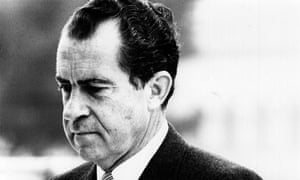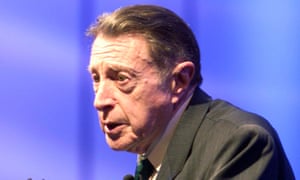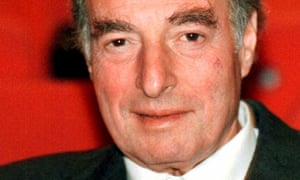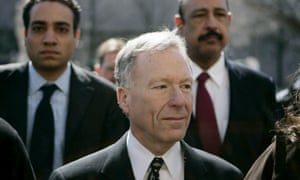As Donald Trump’s pardon of the hardline ex-Arizona sheriff Joe Arpaio draws widespread ire, we review other contentious pardons and commutations
Richard Nixon, pardoned in 1974

In the wake of the Watergate scandal, Nixon became the only US president in history to resign. His successor, Gerald Ford, had barely been in office for a month when he decided to pardon Nixon to avoid a protracted legal process. But, the New York Times reported: “At the White House, switchboard operators said, ‘Angry calls, heavy and constant,’ began jamming their boards soon after Mr Ford’s announcement.”
Ford said in a 1984 interview: “The political fallout was far more serious than I contemplated.”
Caspar Weinberger, pardoned in 1992

The former defence secretary was the most senior member of Ronald Reagan’s cabinet indicted for perjury and obstruction of justice during the Iran-Contra affair. The charges arose from his testimony that he did not know about the illegal sale of arms to Iran and anti-government guerrillas in Nicaragua; his private notes later revealed this was untrue. President George Bush defied congressional opposition to grant Weinberger an executive pardon days before the case came to trial.
Marc Rich, pardoned in 2001

The commodities trader fled to Switzerland in 1983, accused of evading $48m in taxes and illegally trading with Iran in oil. But Rich, whose ex-wife was a prominent fundraiser for the Democrats, was pardoned by Bill Clinton on his last day as US president in what a New York Times editorial called “a shocking abuse of presidential power and a reminder of why George W Bush’s vow to restore integrity to the Oval Office resonates with millions of Americans”.
Preet Bharara, former US attorney in New York, tweeted on Friday night: “Bill Clinton’s pardon of Marc Rich stunk to high heaven. Donald Trump’s pardon of Joe Arpaio stinks even more.”
Lewis ‘Scooter’ Libby, sentence commuted in 2007

The former chief of staff to vice-president Dick Cheney was convicted of perjury and obstruction for lying about his conversations with reporters about outed CIA operative Valerie Plame. President George W Bush commuted his 30-month prison term but not his $250,000 fine. According to the New York Times, Bush and Cheney spent their final hours in office arguing over whether Libby should receive a pardon; Bush refused to grant one.
Chelsea Manning, sentence commuted in 2017

The soldier was sentenced to a 35 years in military prison for passing secrets to the website WikiLeaks about US operations in Afghanistan and Iraq. Manning had served seven years when president Barack Obama commuted the sentence just three days before he left the White House. Charlie Spiering of Breitbart News tweeted on Friday: “Obama commuted Private Manning’s 35-year sentence — Sheriff Joe Arpaio was facing maximum 6 months in prison.”

































